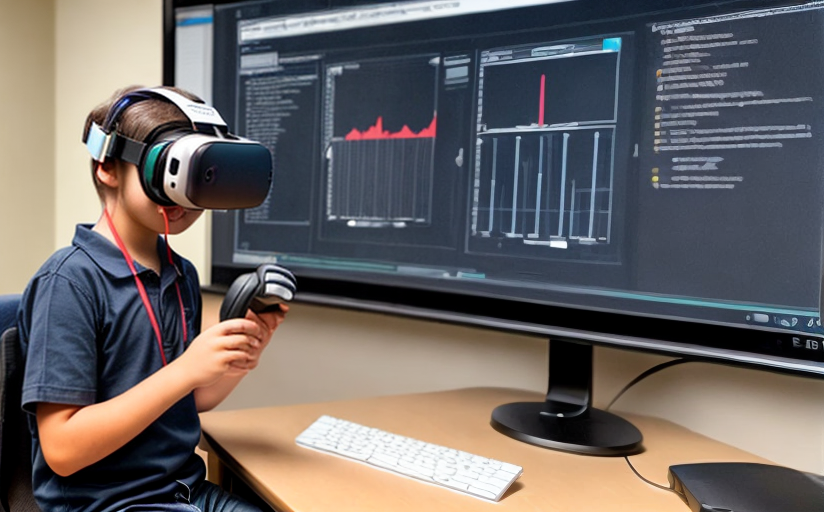The Impact of Virtual Reality on Modern Education
Over the last few years, we have witnessed a significant transformation in the field of education. This metamorphosis has been largely spurned by the rapid evolution of technology, with one of the biggest game-changers being Virtual Reality (VR).
Transformation brought about by VR
VR technology propels education by transcending the traditional boundaries of teaching and learning. It creates an immersive environment where students can experience the concepts taught and not just learn about them.
From studying the human anatomy in biology to exploring the universe in physics, VR has made subjects more engaging and interactive, thus deepening the engagement, understanding, and retention of the students.
Benefits of VR in Education
VR holds many untapped potentials for both educators and students. For teachers, VR is a tool to create innovative lessons and make complex concepts easier to explain. It helps stimulate curiosity and motivate learners by offering new, exciting ways to learn.
From a student's perspective, VR provides a visually and emotionally engaging platform. It allows students to learn at their own pace, improve their problem-solving skills, and foster a greater level of autonomy.
Potential Challenges
However, the integration of VR in education also presents several challenges. Foremost among them is investing in VR technology, which can be expensive, especially for underfunded schools. Other challenges include the potential for distraction, lack of quality content, and issues related to cyber safety.
Future Perspectives
Despite its challenges, the future looks promising for VR in education. Its ability to create a dynamic classroom experience that extends beyond the physical limits is set to revolutionize education. As technology advances and becomes more affordable, we can expect to see VR in more classrooms.
VR has the potential to give students a more in-depth understanding of the subject, enabling them to grasp the concepts easier and quicker. Along with advancements in AI and machine learning, VR could help direct education towards a more personalized and immersive learning experience.
In conclusion, while there is still a long path to tread, the integration of VR in education is set to redefine the way education is imparted and received, marking a significant stride in the evolution of the modern education system.

















Comments
Leave a Comment